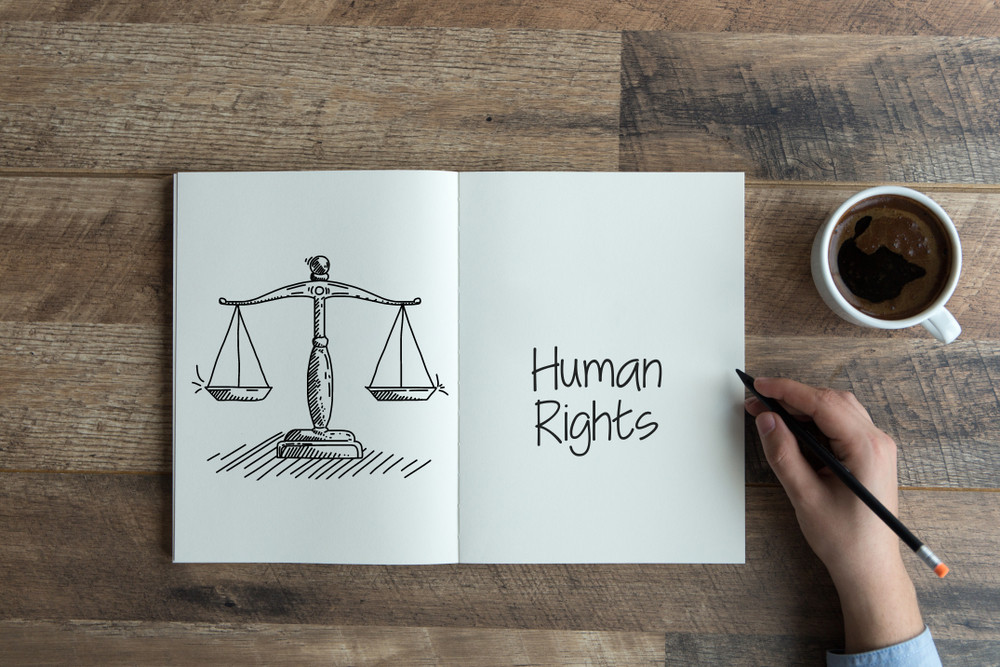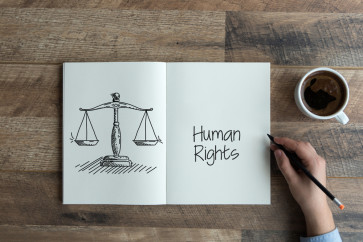Popular Reads
Top Results
Can't find what you're looking for?
View all search resultsPopular Reads
Top Results
Can't find what you're looking for?
View all search resultsHow to overcome flaws in ASEAN rights body
November 2019 marks the 10th anniversary of the ASEAN Intergovernmental Commission on Human Rights (AICHR), the ASEAN human rights body. At the beginning of 2019, this body welcomed a new batch of AICHR representatives. They sound like a great set of representatives to carry the torch of human rights activism in ASEAN. But we have barely heard them speak up about human rights this year.
Change text size
Gift Premium Articles
to Anyone
N
ovember 2019 marks the 10th anniversary of the ASEAN Intergovernmental Commission on Human Rights (AICHR), the ASEAN human rights body. At the beginning of 2019, this body welcomed a new batch of AICHR representatives.
Seven of the 10 representatives were new. They comprised a member of the Human Rights Working Group, a lawyer, three academics (including two professors) and two former ambassadors. The three from the earlier term comprised a former ambassador, a former minister and a high-ranking official from a national human rights committee.
They sound like a great set of representatives to carry the torch of human rights activism in ASEAN. But we have barely heard them speak up about human rights this year. NGOs and academics who used to participate in AICHR activities have complained about not being included anymore. What is going on?
Some point to the challenge of generating consensus in the AICHR. They say the principle of noninterference and the norm of nonconfrontation will always prevent the AICHR from being a place of meaningful decision-making. But those appointed to the position should have anticipated this and equipped themselves with strategies to persuade others. The member states surely would have chosen candidates with the skills to overcome such procedural challenges. Or perhaps I am wrong.
Allow me to raise three issues from inside of the AICHR to improve our understanding of the body.
First, each country’s representative has an individual responsibility to bring up issues and design programs that other representatives might see as acceptable responses to the problems raised. In such circumstances, sensitivity to the issues is crucial, as is the ability to design actively and to communicate persuasively.
Attacking others or raising too many issues at once is never a good idea, since almost any issue can be raised as a human-rights issue. Having the competence to work together with other representatives matters to advance any initiative. Listening during events is also critical. Simply sitting in meetings and delivering prewritten remarks from the capital is not sufficient to create a program that responds to real needs.


















